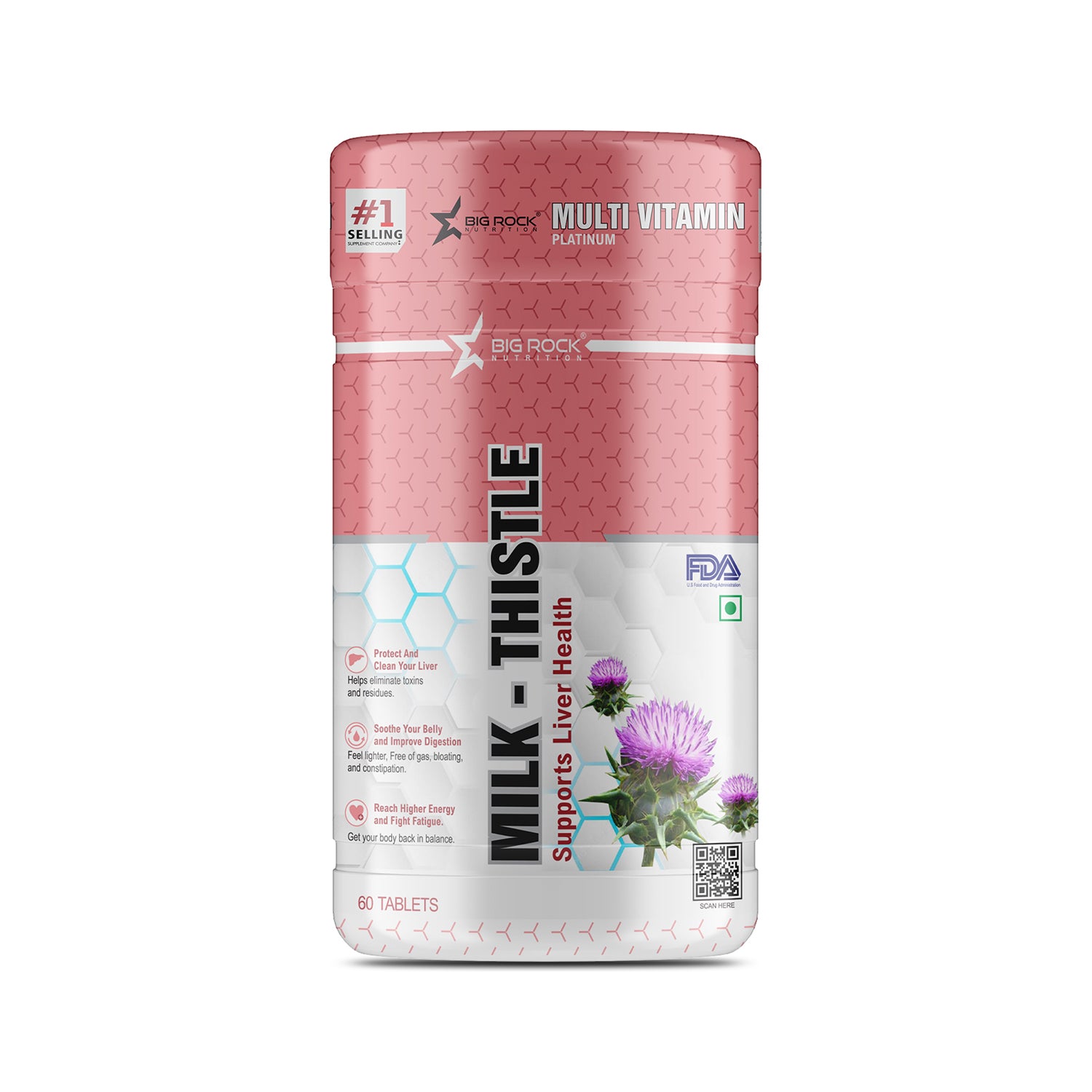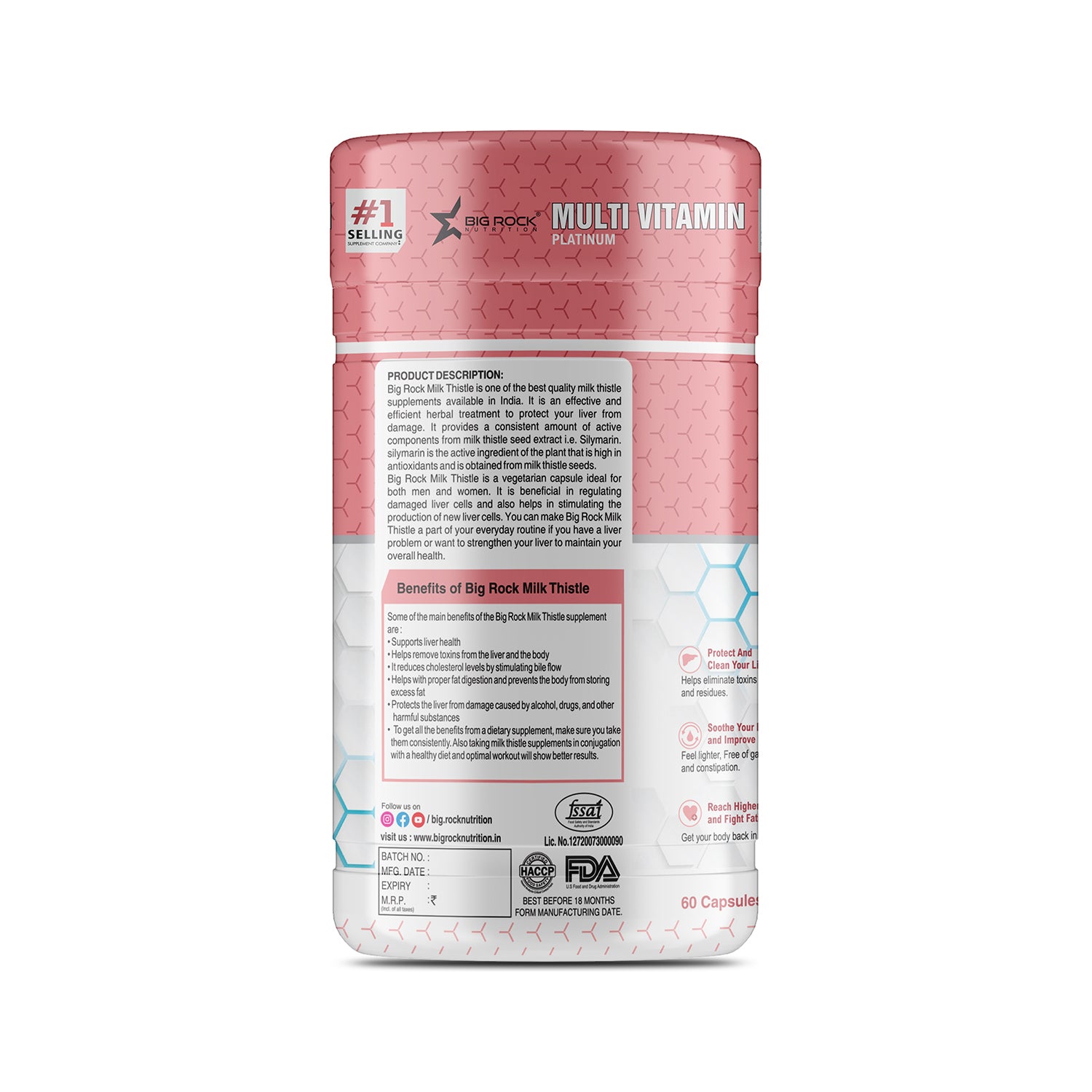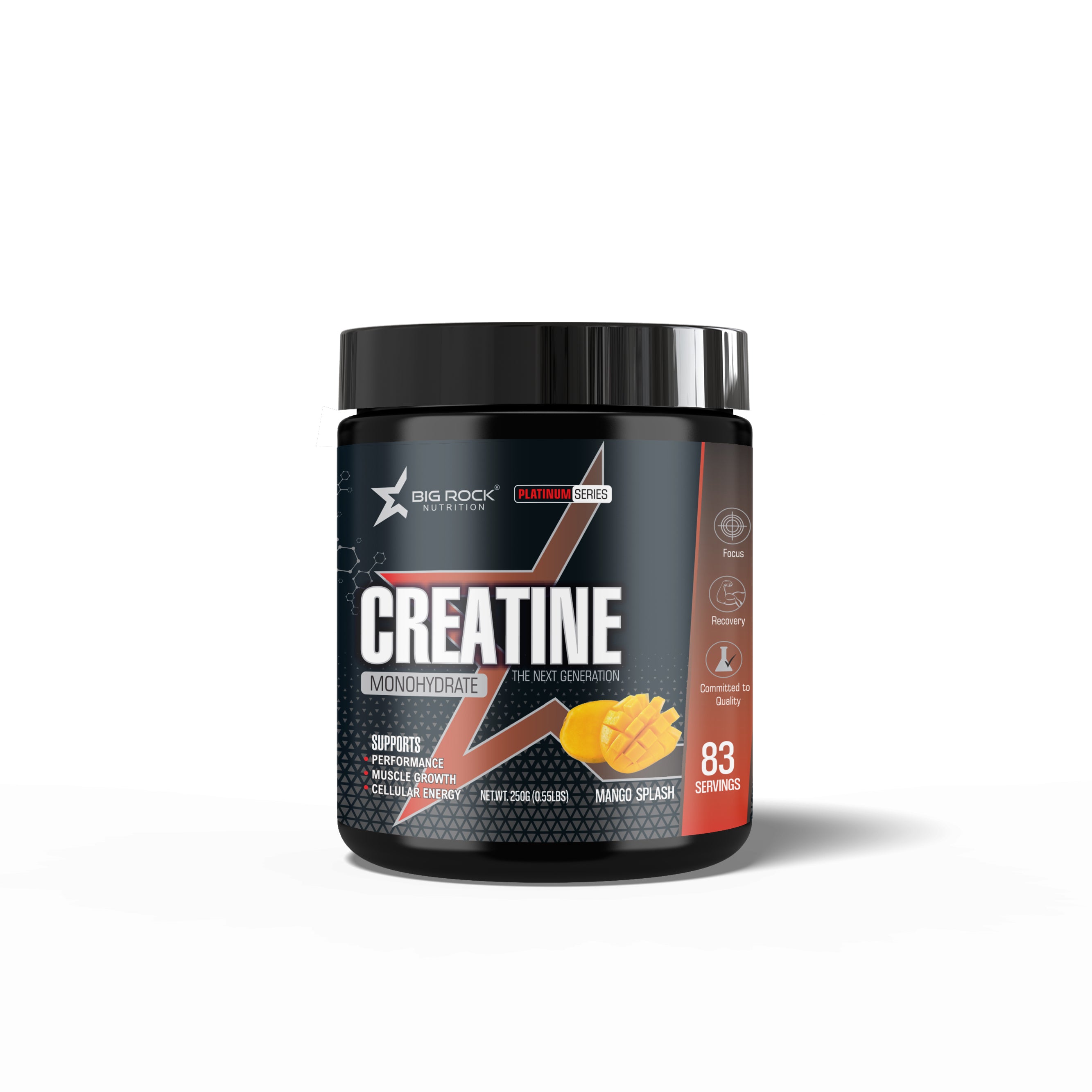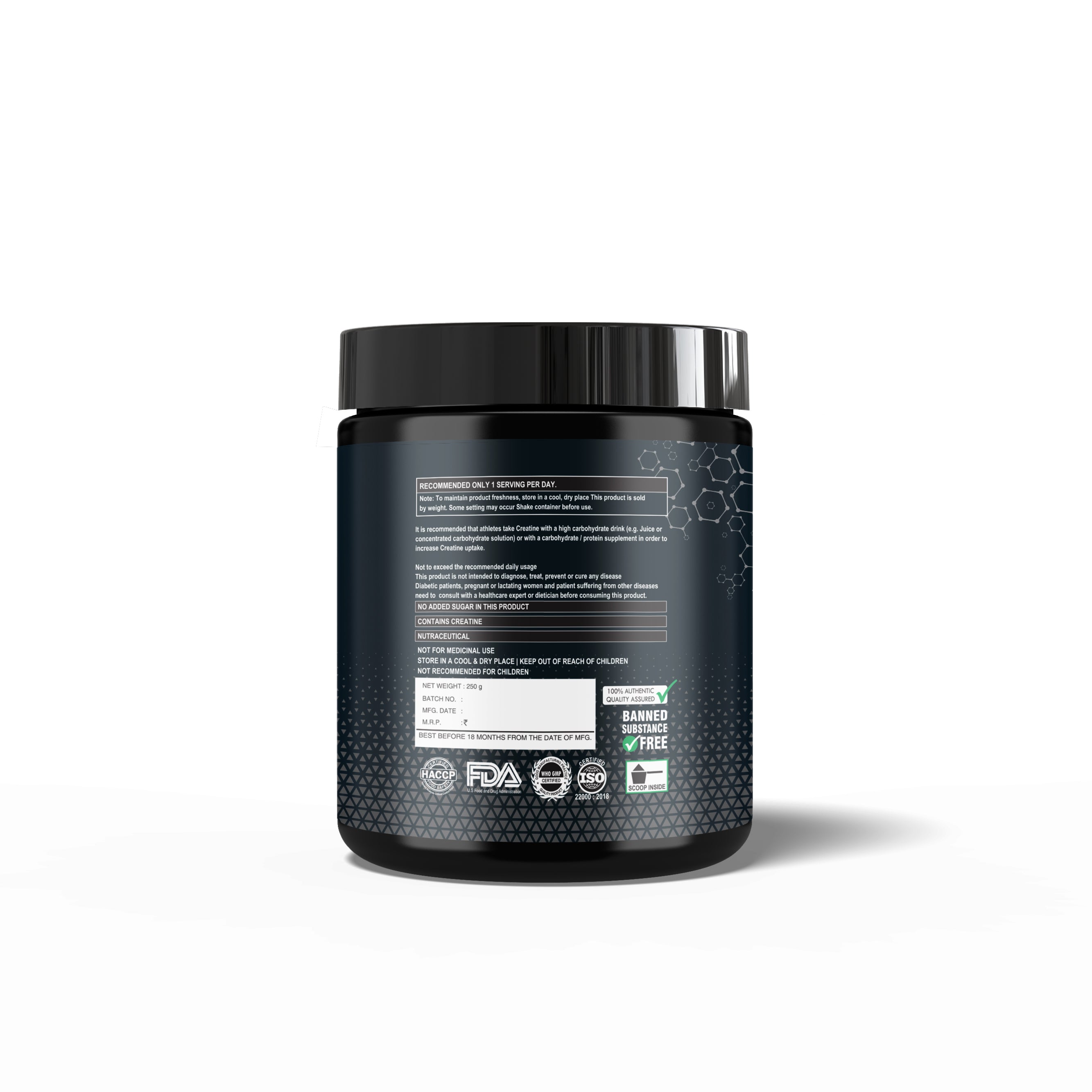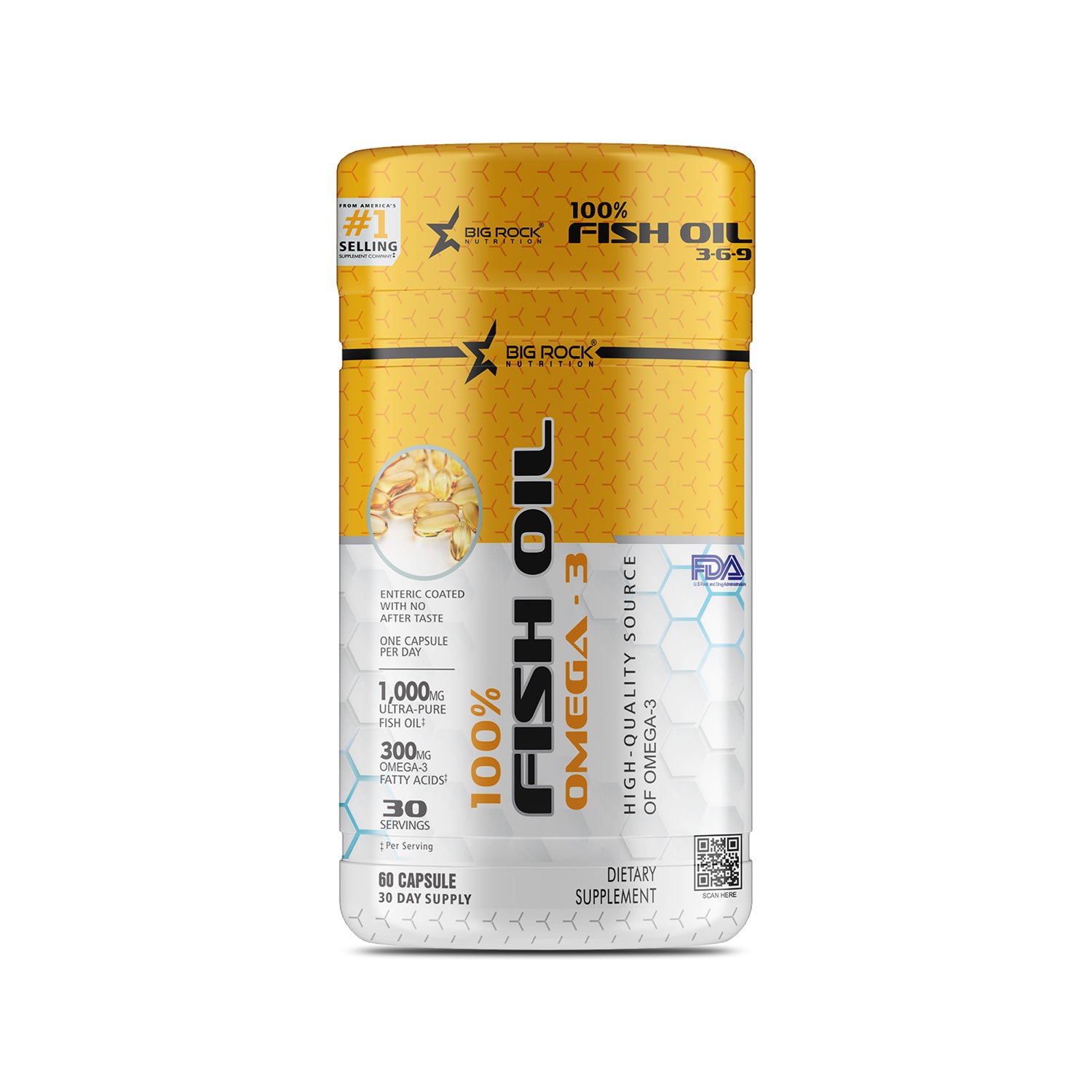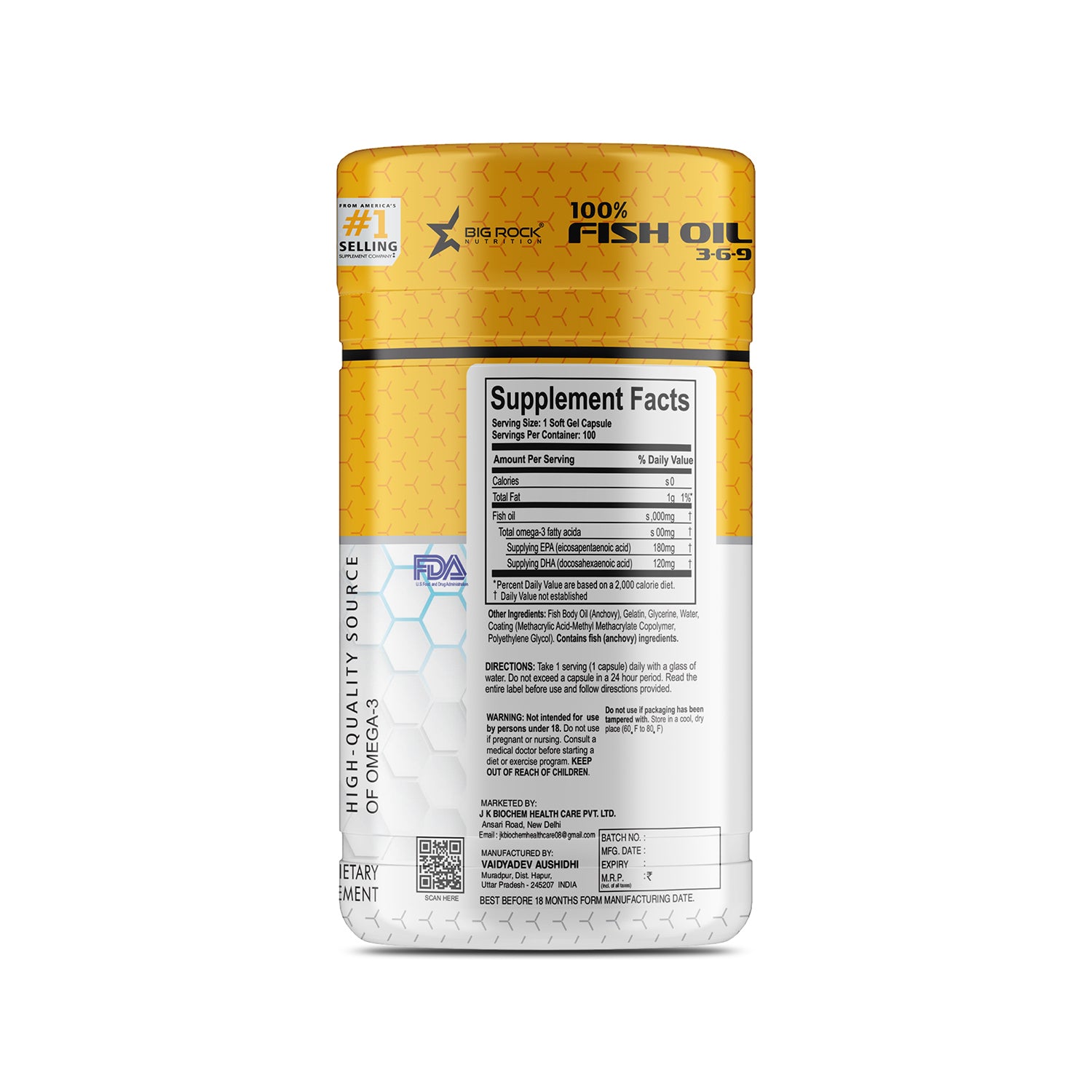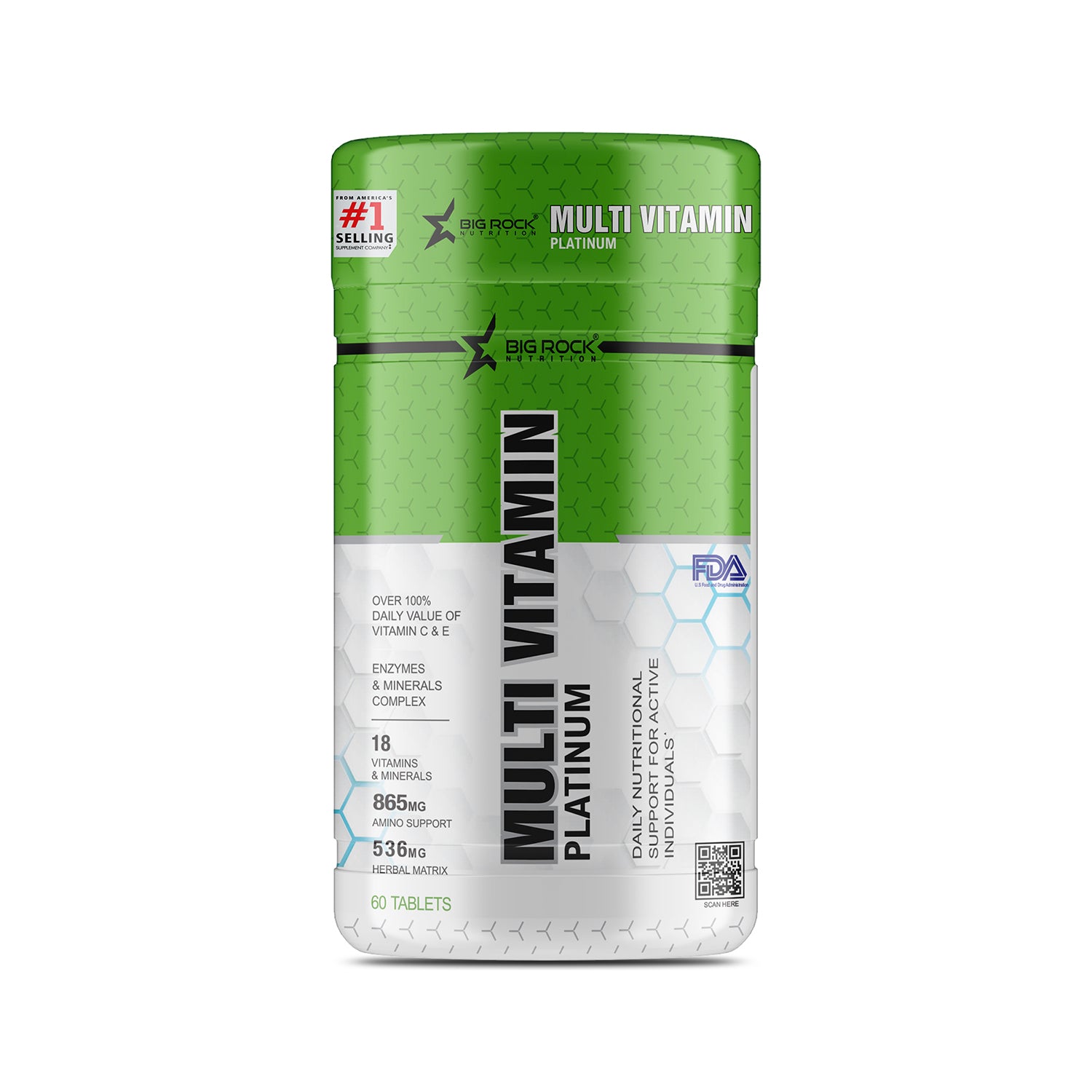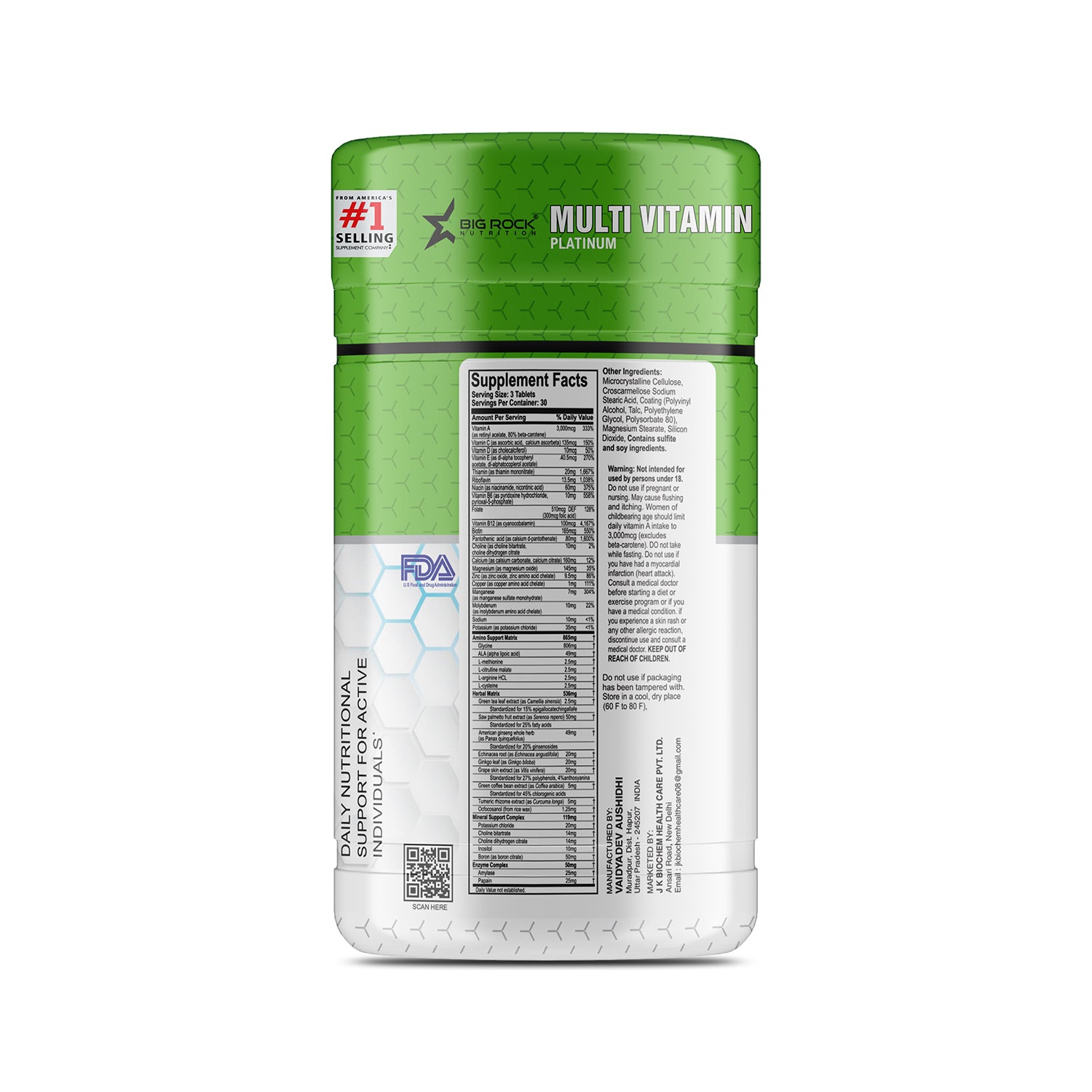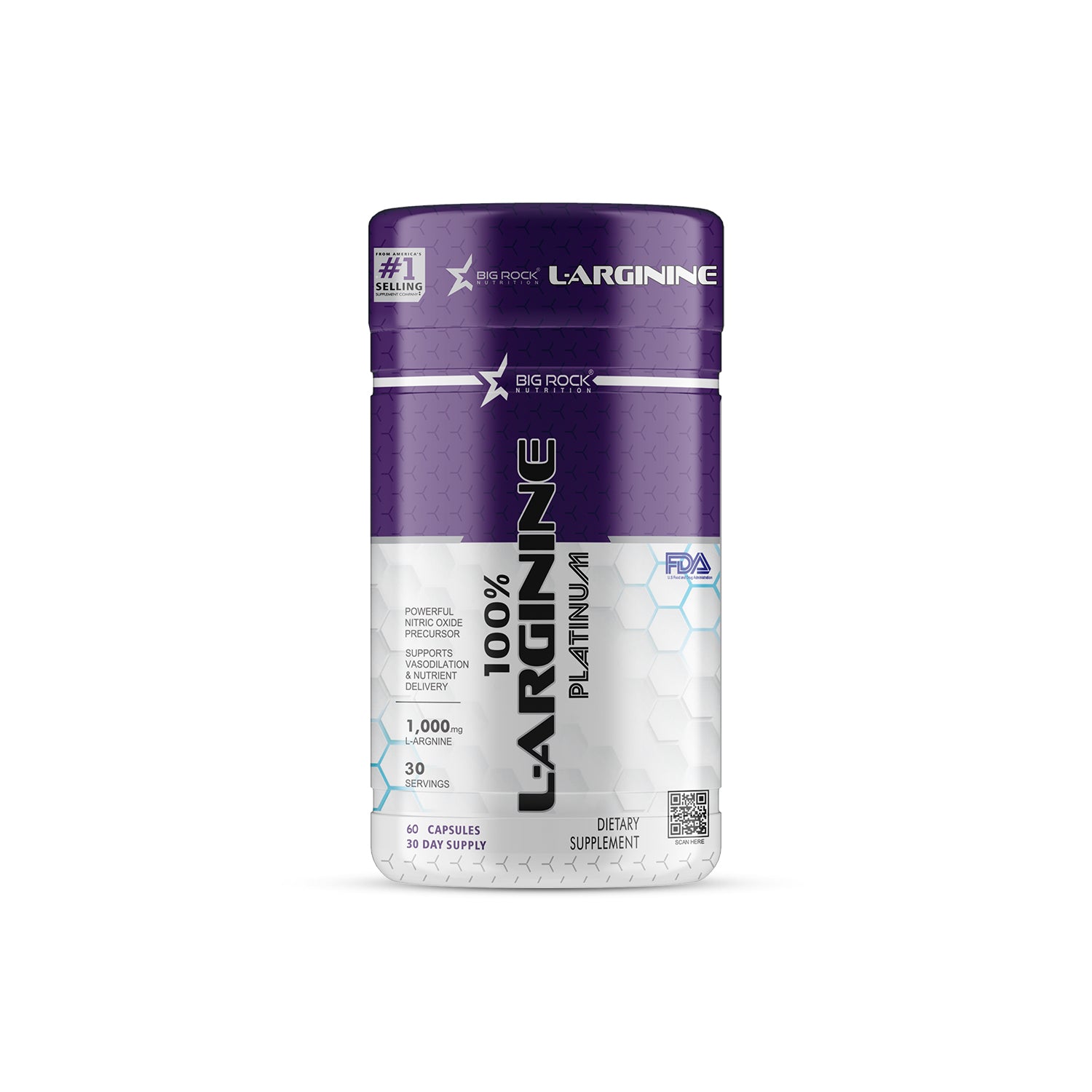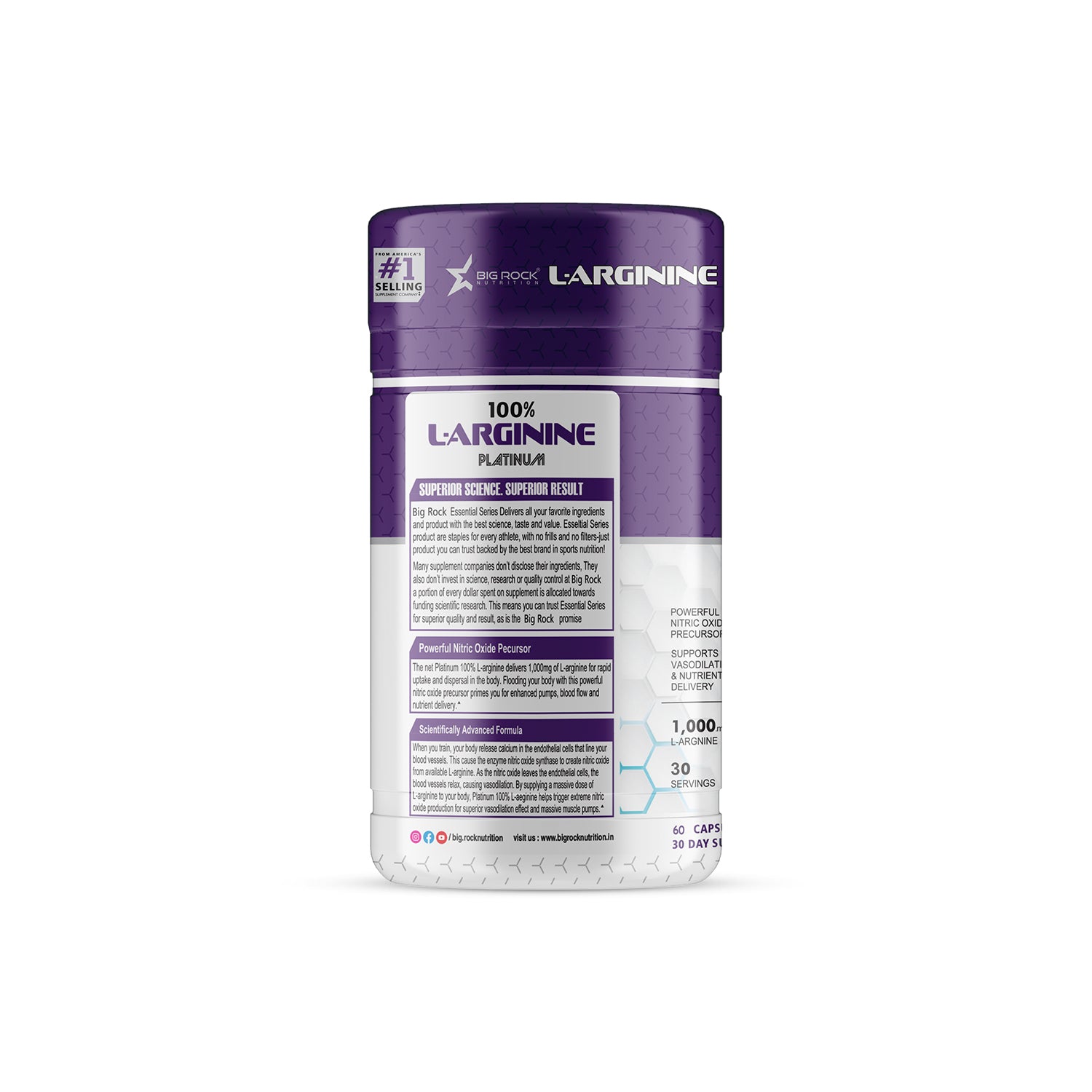Improving gut health is crucial for overall well-being, as a healthy gut can positively impact digestion, immune function, mental health, and more. Here are some practical steps you can take to improve your gut health:
1. Eat a Diverse Range of Foods:
- Variety: A varied diet ensures that you're consuming different types of nutrients, which helps support a diverse microbiome. Different strains of gut bacteria feed on different nutrients, so diversity in your diet can promote a healthier gut.
- Plant-Based Foods: Incorporate a wide range of fruits, vegetables, whole grains, nuts, and seeds into your meals. These foods are rich in fiber, which feeds beneficial gut bacteria.
2. Increase Fiber Intake:
- Soluble and Insoluble Fiber: Both types of fiber are important for gut health. Soluble fiber, found in oats, beans, and some fruits, helps feed beneficial bacteria and regulate digestion. Insoluble fiber, found in whole grains and vegetables, adds bulk to stool and aids in regular bowel movements.
- Prebiotic Foods: Prebiotics are a type of fiber that feed the good bacteria in your gut. Foods rich in prebiotics include garlic, onions, bananas, asparagus, and leeks.
3. Consume Probiotics:
- Fermented Foods: Incorporate fermented foods into your diet, such as yogurt, kefir, sauerkraut, kimchi, miso, and kombucha. These foods are rich in probiotics, which are live bacteria that can help balance your gut microbiome.
- Probiotic Supplements: If you have specific gut health issues, consider taking a high-quality probiotic supplement. Look for a product that contains a variety of strains and a high CFU (colony-forming units) count.
4. Stay Hydrated:
- Water Intake: Drinking plenty of water is essential for maintaining the mucosal lining of the intestines and for the balance of good bacteria in the gut. Proper hydration supports digestion and helps prevent constipation.
5. Limit Sugar and Artificial Sweeteners:
- Impact on Gut Bacteria: High sugar intake and artificial sweeteners can negatively affect the balance of gut bacteria, promoting the growth of harmful bacteria and leading to an imbalance (dysbiosis).
- Natural Alternatives: Opt for natural sweeteners like honey or maple syrup in moderation, and focus on reducing overall sugar intake to support a healthier gut microbiome.
6. Manage Stress:
- Stress and Gut Health: Chronic stress can negatively impact your gut, leading to symptoms like bloating, inflammation, and changes in gut bacteria. Stress management techniques like mindfulness, meditation, yoga, and deep breathing exercises can help improve gut health.
- Physical Activity: Regular exercise is also a great way to manage stress and support gut health. It can increase the diversity of gut bacteria and improve digestion.
7. Get Enough Sleep:
- Sleep and the Gut: Poor sleep can disrupt the gut microbiome, leading to issues like inflammation and reduced immunity. Aim for 7-9 hours of quality sleep per night to support overall gut health.
- Sleep Hygiene: Establish a regular sleep routine, create a comfortable sleep environment, and avoid stimulants like caffeine before bed.
8. Avoid Unnecessary Antibiotics:
- Antibiotic Use: While antibiotics are sometimes necessary, they can disrupt the balance of gut bacteria by killing both harmful and beneficial bacteria. Avoid unnecessary antibiotic use, and if you do need to take them, consider taking a probiotic supplement to help restore your gut flora.
9. Incorporate Gut-Healing Foods:
- Bone Broth: Rich in collagen and amino acids like glutamine, bone broth can help repair the gut lining and support overall gut health.
- Ginger and Turmeric: Both ginger and turmeric have anti-inflammatory properties that can help soothe the gut and reduce inflammation.
- Healthy Fats: Include sources of healthy fats, such as olive oil, avocado, and fatty fish, which can help reduce gut inflammation.
10. Listen to Your Body:
- Identify Triggers: Pay attention to how your body reacts to different foods. If you notice certain foods causing digestive discomfort, consider eliminating or reducing them from your diet.
- Food Sensitivities: Common food sensitivities include gluten, dairy, and certain types of carbohydrates (FODMAPs). Working with a healthcare provider or a dietitian can help you identify and manage food sensitivities.
11. Regular Physical Activity:
- Exercise and Gut Health: Regular exercise promotes the growth of beneficial gut bacteria and supports overall digestive health. Aim for at least 30 minutes of moderate exercise most days of the week.
- Type of Exercise: Incorporate a mix of aerobic exercises (like walking, running, swimming) and strength training for optimal gut health benefits.
12. Quit Smoking and Limit Alcohol:
- Negative Impact: Smoking and excessive alcohol consumption can harm the gut microbiome, increasing the risk of gut-related diseases and inflammation.
- Positive Changes: Quitting smoking and limiting alcohol intake can significantly improve the balance of gut bacteria and overall gut health.
13. Consider a Gut Health Test:
- Microbiome Testing: If you have ongoing gut health issues, consider getting a microbiome test. These tests analyze your gut bacteria and provide insights into the balance of your gut flora, helping you tailor your diet and lifestyle to improve gut health.
Conclusion:
Improving gut health involves a holistic approach that includes a balanced diet rich in fiber, prebiotics, and probiotics, managing stress, staying hydrated, and avoiding factors that can disrupt the gut microbiome. By making these lifestyle and dietary changes, you can support a healthy gut, which in turn can enhance your overall health and well-being.






